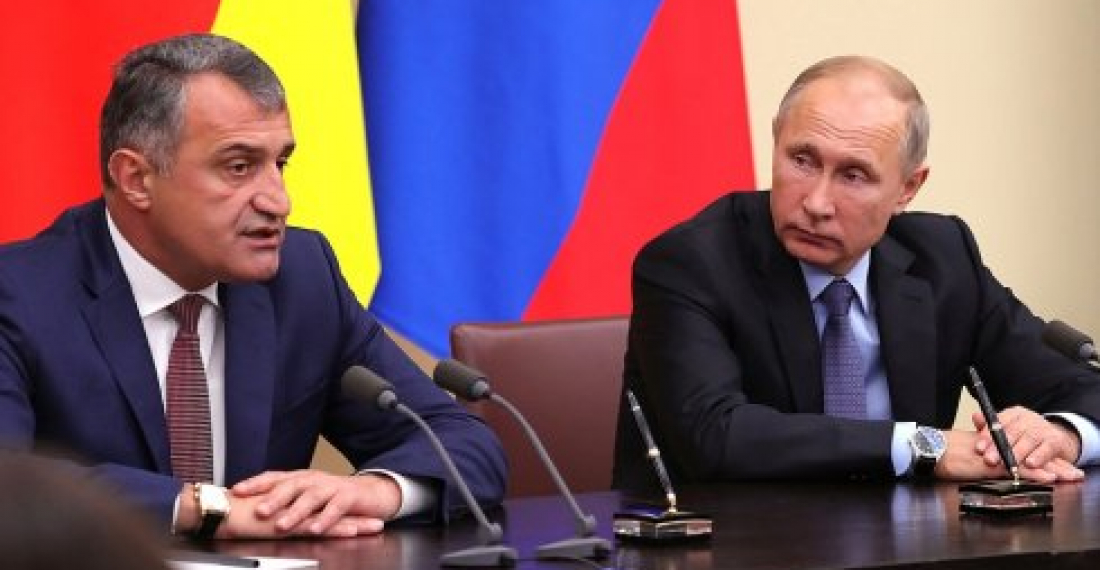Russian President Vladimir Putin hailed the good relations between Russia and "important partner and ally" South Ossetia when he met Anatoly Bibilov, the leader of the Georgian breakaway region in Moscow on Tuesday (14 November). Putin said that "relations between the two countries are based on the strong foundation of friendship and neighbourliness".
"Russia supports South Ossetia in becoming a sovereign democratic state, as it supports its security. We also try to promote the socio-economic development of the country in every way we can. Our talks today were mostly dedicated to trade and investment issues as well as cooperation in the social sector", Putin told journalists after the talks. President Putin also reminded that Russia allocated 7.6 billion rubles for South Ossetia under a 2015-17 programme. "These funds were directed to dozens of vital projects for the republic, including the reconstruction and modernisation of transport and social infrastructure and the improvement of the social protection of people" he added. "Russia will continue to allocate funds for the development of the republic", Putin said.
Russia recognised South Ossetia as an independent country in 2008, but only a handful of other countries followed. Most of the international community still recognises South Ossetia as part of Georgia.
source: commonspace.eu with the press service of the president of Russia.
Photo: President Putin of Russia with the South Ossetian leader, Anatoly Bibilov in Moscow on 14 November 2017 (picture courtesy of kremlin.ru)






